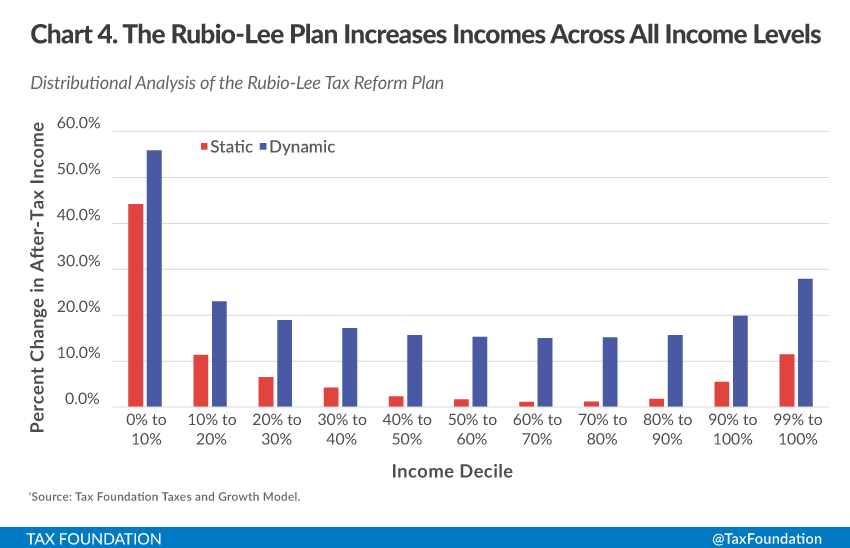Marco Rubio is hopelessly confused about his own tax plan


A free daily email with the biggest news stories of the day – and the best features from TheWeek.com
You are now subscribed
Your newsletter sign-up was successful
Florida senator and GOP presidential contender Marco Rubio claims that, under his tax plan, the poorest Americans see the biggest income gains — an assertion he reiterated at Wednesday night's debate. But Vox's Dylan Matthews just demonstrated that it doesn't add up.
In brief: Among many other changes to the tax code, Rubio would replace the standard deduction and personal exemption with a tax credit of $2,000 for individuals and $4,000 for couples. Crucially, in Rubio's original proposal, that credit appears to be refundable — if some or all of the credit is left over after your tax liability has been completely wiped out, you get the remainder as a check. Over 40 percent of households had no income tax liability in 2015, so they would get a check worth $2,000 to $4,000.
As Matthews pointed out, this would be a downward shift in income, "of a kind that no Democrat, including Bernie Sanders, is proposing." It would deliver a massive boost to the bottom 10 percent of Americans, according to an analysis by the Tax Foundation.
The Week
Escape your echo chamber. Get the facts behind the news, plus analysis from multiple perspectives.

Sign up for The Week's Free Newsletters
From our morning news briefing to a weekly Good News Newsletter, get the best of The Week delivered directly to your inbox.
From our morning news briefing to a weekly Good News Newsletter, get the best of The Week delivered directly to your inbox.

(Graph courtesy of the Tax Foundation.)
Except the Rubio campaign told Matthews that's not what they meant. "Our reforms would not create payments for new, non-working filers," a Rubio aide told Matthews in April. Matthews went back to figure out just what the aide meant by that, and as best he can tell, the income boost to the bottom 10 percent would actually be something like 0.5 to 1 percent.
So the bars on the far left side of the graph above are wrong, and should be way shorter — barely visible at all. Most of the other bars on the left side should be shorter, too.
Yet Rubio continues to use the Tax Foundation analysis to defend his plan, even though at least one of his own aides said it's wrong. Kevin Drum suggested Rubio and his campaign are knowingly lying, which is certainly the worst case scenario. The best case is they're all hopelessly confused about the most basic realities of their own proposals.
A free daily email with the biggest news stories of the day – and the best features from TheWeek.com
Jeff Spross was the economics and business correspondent at TheWeek.com. He was previously a reporter at ThinkProgress.
